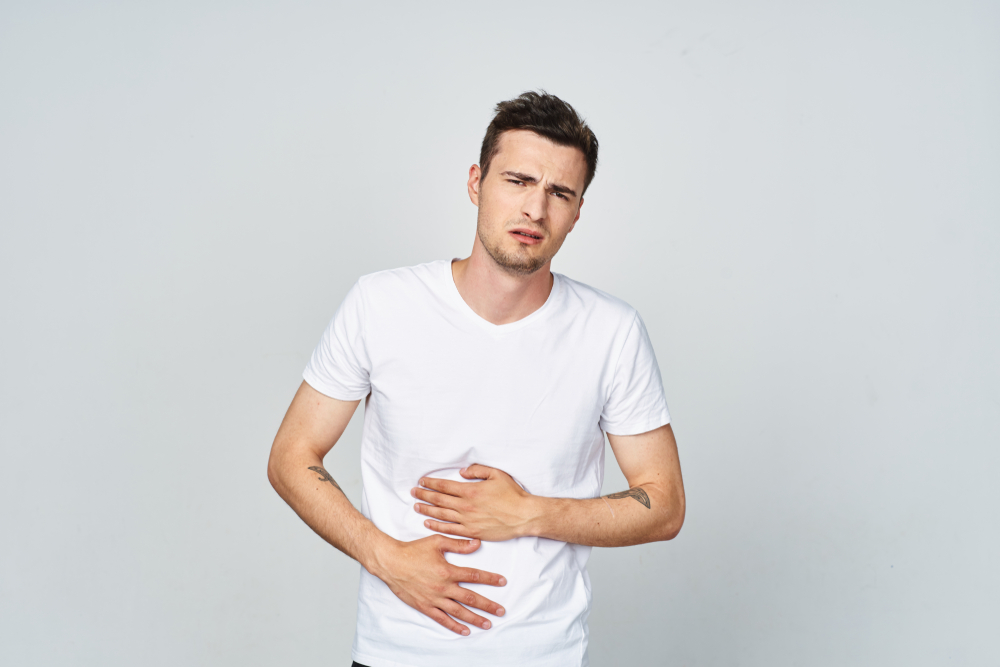Intestinal gas, or air in the digestive tract, generally goes unnoticed until we burp or release gas rectally (flatulence). From the stomach to the rectum, the whole digestive tract contains intestinal gas as a natural result of swallowing and digestion.
Excessive intestinal gas often signals a digestive condition, and everyone passes do flatulence several times a day, and burping or belching is normal. Although gas is not harmful in itself, a person’s incapacity to regulate its passage may have social consequences.
A normal person releases flatus around 12-25 times a day. In the normal situation, swallowed air stays in the stomach for a while then, at regular intervals, passes through the digestive tract in regular quantities. The gas passage through the small intestine, propelled by the digestive tract’s regular rhythmic contractions (peristalsis). This phase does not usually cause any discomfort.
Many factors influence the passage of gas, such as the volume of swallowed air, the type and frequency of food intake, and bowel motility, all of which can be affected by food, drugs, and stress.
Intestinal gas is more an inconvenience, an annoyance to most individuals than a serious health concern. However, if you experience recurrent excessive gas followed by other symptoms or gas that is not improved by diet or lifestyle adjustments, consult your doctor.


